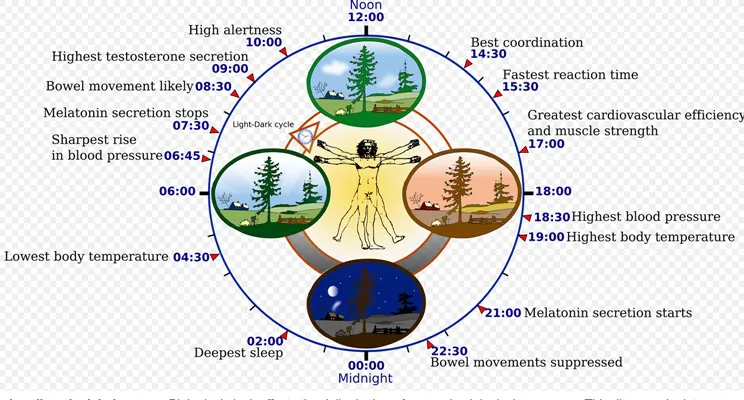
Is Glyphosate Harming Your Hair?
Introduction - Is Glyphosate Harming Your Hair?Glyphosate is grabbing media headlines due to rising concerns about the safety of our food supply and possible nutritional deficiencies. Since healthy hair requires consumption of healthy foods providing superior nutritional benefits, is glyphosate harming your hair by robbing food of good nutrition?
Some experts believe there is a direct link between glyphosate and nutritional deficiencies as well as damaged immune systems. Glyphosate is very controversial with some experts claiming it's completely safe and others presenting findings that it is triggering a wide range of physical illnesses, ailments and damage.
What Is Glyphosate?
Glyphosate (N-(phosphonomethyl)glycine) is a broad-spectrum systemic herbicide used to kill weeds, especially annual broadleaf weeds and grasses known to compete with commercial crops grown around the globe.
It was discovered to be a herbicide by Monsanto chemist John E. Franz in 1970. Monsanto brought it to market in the 1970s under the trade name Roundup, and Monsanto's last commercially relevant United States patent expired in 2000.
Glyphosate kills plants by interfering with the synthesis of the aromatic amino acids phenylalanine, tyrosine and tryptophan. It does this by inhibiting the enzyme 5-enolpyruvylshikimate-3-phosphate synthase (EPSPS), which catalyzes the reaction of shikimate-3-phosphate (S3P) and phosphoenolpyruvate to form 5-enolpyruvyl-shikimate-3-phosphate (ESP).
False Advertising?
The New York Times reported in 1996, "Dennis C. Vacco, the Attorney General of New York, ordered the company to pull ads that said Roundup was "safer than table salt" and "practically nontoxic" to mammals, birds and fish. The company withdrew the spots, but also said that the phrase in question was permissible under E.P.A. guidelines.
On Fri Jan 20, 2007, Monsanto was convicted in France of false advertising of Roundup for presenting it as biodegradable, and claiming it left the soil clean after use. Environmental and consumer rights campaigners brought the case in 2001 on the basis that glyphosate, Roundup's main ingredient, is classed as "dangerous for the environment" and "toxic for aquatic organisms" by the European Union.
Monsanto appealed and the court upheld the verdict. Monsanto appealed again to the French Supreme Court, and in 2009 it also upheld the verdict.
Scientific Fraud
On two occasions, the United States EPA has caught scientists deliberately falsifying test results at research laboratories hired by Monsanto to study glyphosate.
The first incident involved Industrial Biotest Laboratories (IBT). The United States Justice Department closed the laboratory in 1978, and its leadership was found guilty in 1983 of charges of falsifying statements, falsifying scientific data submitted to the government, and mail fraud.
In 1991, Don Craven, the owner of Craven Laboratories and three employees were indicted on 20 felony counts. Craven, along with fourteen employees were found guilty of similar crimes.
Monsanto has stated the Craven Labs investigation was started by the EPA after a pesticide industry task force discovered irregularities, that the studies have been repeated, and that Roundup's EPA certification does not now use any studies from Craven Labs or IBT.
Trade Dumping Allegations
United States companies have cited trade issues with glyphosate being dumped into the western world market areas by Chinese companies and a formal dispute was filed in 2010.
Summary - Is Glyphosate Harming Your Hair?
Research has indicated that glyphosate residues, found in most commonly consumed foods in the Western diet such as genetically engineered sugar, corn, soy and wheat actually amplify the damaging effects of food-borne chemical residues and toxins present in the environment.
Glyphosate residues are thought to disrupt normal body functions which ultimately may create a perfect storm for the development of a wide number of illnesses and disease.
If Glyphosate is causing overall nutritional deficiencies in the food supply it's important to ask is Glyphosate harming your hair health? Certainly this topic will reveal new information as rising concerns about genetically engineered foods are investigated further.Social Media Network Information
Please follow us on Twitter at: https://Twitter.com/HairBoutique. I look forward to meeting new people from all walks of Twitter and learning from their Tweets.
















